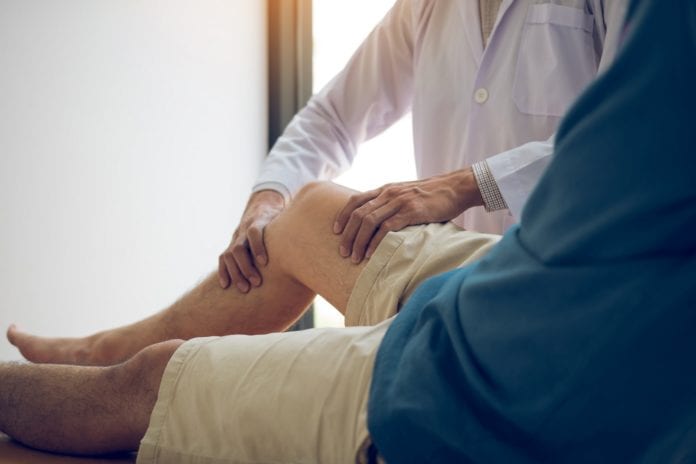Triple bogies and sand traps can ruin a perfectly good round of golf. But far worse for casual and competitive golfers alike is the prospect of losing time on the course due to injury.
“Many people look forward to playing golf in retirement, but then they get hurt and can’t play. And younger players can miss an entire season due to a chronic injury,” says Casey Wagner, MD, a sports medicine specialist at Emory Healthcare. “It’s critical for golfers to see a care team that can treat the injury and address its root causes, which can include their swing mechanics, wrong-sized clubs, poor flexibility, muscle weakness and playing too often.”
Dr. Wagner and his colleagues at Emory Healthcare’s Golf Medicine Program can help. They offer personalized treatment plans and injury prevention strategies for golfers of all ages and abilities. The care team includes Dr. Wagner, sports medicine specialist Jeffrey Webb, MD, and physical therapists. Most care team members are certified by the Titleist Performance Institute. The institute teaches industry professionals how to improve player performance by deeply understanding how their body functions during their golf swing.




